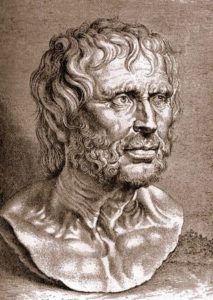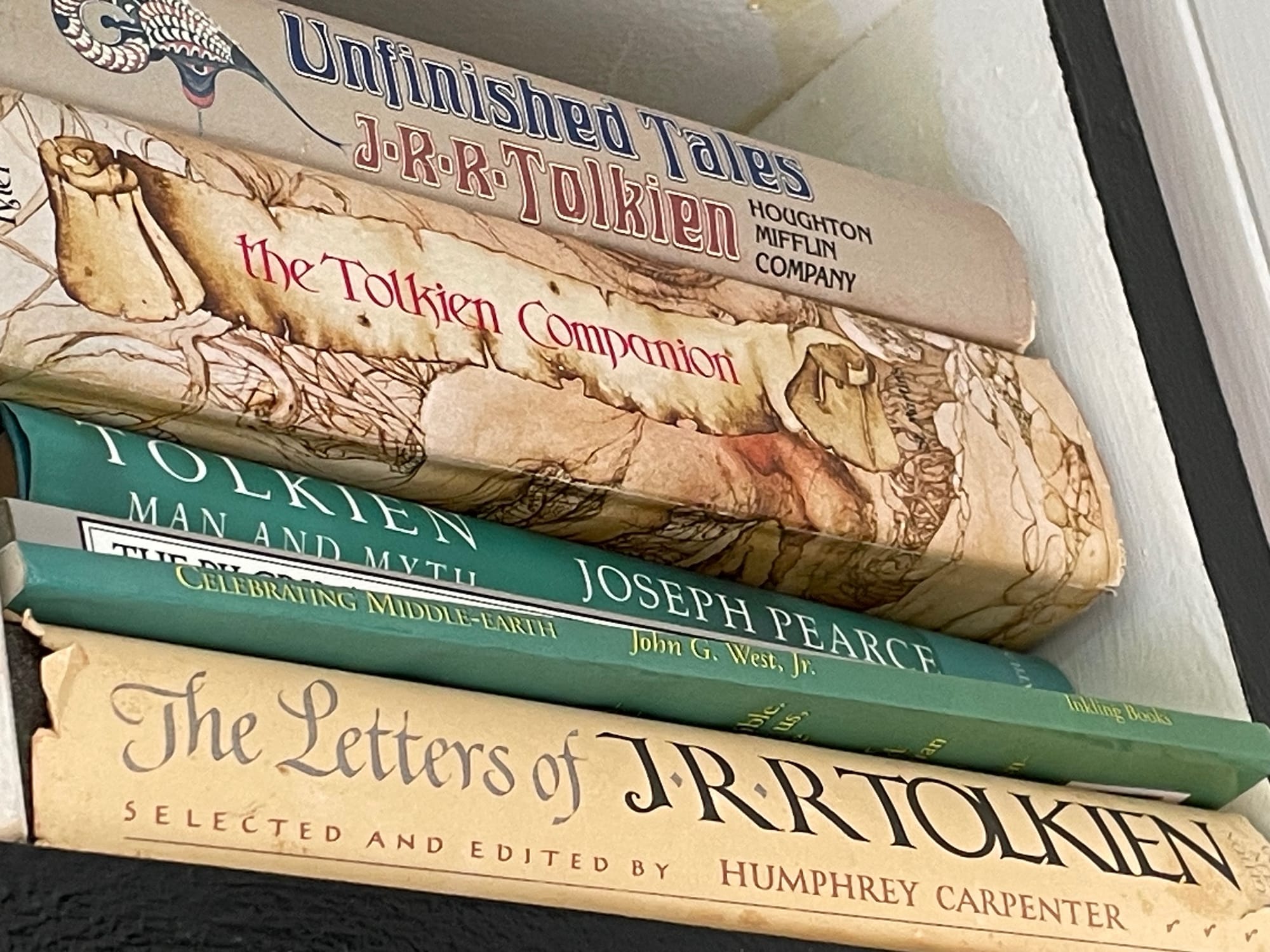
Seneca and Well-Tried Authors
Nassim Taleb's new book apparently has a section about Seneca. From the Econtalk podcast that I wrote about on Monday:
[W]hen I read the best expository of Stoicism, the best two expositors, Marcus Aurelius and Seneca--and probably also to some extent, Cicero--I realized these are not that type of people. Very different. And now, recently I saw some papers confirming my idea. That was what Seneca was, was about being long in options. He wanted to keep the upside and not be hurt by the downside. That's it. It's just how to set up his method. Seneca was the wealthiest man in the world. He had 500 desks, on which he wrote his letters talking about how good it was to be poor. And people found inconsistency. But they didn't realize what Seneca said. He was not against wealth. And he proved effectively that one philosopher can have wealth and be a philosopher. What he was about is dependence on wealth. He wanted the upside of wealth without its downside. And what he would do is--he had been in a shipwreck before. He would fake like he was a shipwreck and travel like he was a shipwreck once in a while. And then he would go back to his villas and feel rich. He would write off every night before going to bed his entire wealth. As a mental exercise. And then wakes up rich. So, he kept the upside. In fact, what he had, my summary of what Stoics were about is a people who really had, like Buddhists, an attitude. One was to have the last word with [?]. And my definition is a Stoic is someone who transforms fear into prudence, pain into transformation, mistakes into initiation, and desire into undertaking. Very different than the Buddhist idea of someone who is completely separated from worldly sentiments and possessions and thrills. Very different. Someone who wanted the upside without the downside. And Seneca proved it. And the way you get there, Seneca is suggesting, is through mental exertion. Through renunciation--some of it's action, but some of it is the way you look at your life and what you prepare yourself for and how you affect your expectations. Exactly.
I've read a fair amount of Stoic literature, but mostly Marcus Aurelius and Epictetus. It'd been years since I pulled "Father Seneca" (how Augustine and Jerome referred to him) off the shelf, so last weekend I grabbed my Penguin Classics edition of Letters from a Stoic and dove in.
What a goldmine. He drips wisdom. From the very first paragraph: "Nothing, to my way of thinking, is a better proof of a well ordered mind than a man's ability to stop just where he is and pass some time in his own company."
Excellent, excellent. Way to take a slash at those busy Americans who simply can't sit still and always need to be doing something! They don't have well-ordered minds! Ha! My lifestyle has been vindicated!
Then comes the next paragraph, when he warns against reading too many books and authors: "You should extend your stay among writers whose genius is unquestionable . . . To be everywhere is to be nowhere. . . A multitude of books only gets in one's way. . . [A]lways read well-tried authors, and if at any moment you find yourself wanting a change from a particular author, go back to ones you have read before."
Well, crud. I was feeling pretty superior for about three seconds. Seneca would applaud my inclination to retire to my library and pursue my studies, but he'd disapprove of the 3,000 books on the shelves, many featuring the ignominious bookmark sticking up in the middle (memorializing where I abandoned it).
And I know he's right. In fact, about six months ago, I decided to reduce significantly the number of new books I read (Nock recommended that we don't read a book until it's been out for at least one year) and instead concentrate on books I'd read as a younger man. But I hadn't narrowed my reading to the extent he recommends.
So over the weekend, I sat down and came up with a list of "well-tried" writers "whose genius is unquestionable" This is the list I came up with:
Chesterton
Pieper
Gilson
Voegelin
Seneca
Marcus Aurelius
I also came up with a "secondary" list of authors who probably meet both criteria ("well-tried" by me and possibly of unquestionable genius): Taleb, Merton, Guardini, von Mises, Plato, and Nock.
So that's my "dirty dozen." They're the writers I'm going to stick with. Many others contended for inclusion, but for one reason or another, didn't quite make it: Kirk, Dawson, Lewis, Belloc, and Aquinas. I also left off Aristotle and Augustine, but only because I haven't read enough of their books to consider them "well-tried." (Aquinas, by the way, clearly makes the list, but I prefer reading his 20th century disciples, Gilson and Pieper).
I will also pursue specific areas of study. The areas currently consist of the Psalms, anarchy, and U.S. history. I will also indulge in pleasure reading, such as essays by Joseph Epstein and occasional biography or literature.
Seneca is right. Life is too short to spend it scattered among scores of authors. We only have time to get to know a few well, and a well-ordered mind would be happy with the focused opportunity. At age 45, I need to narrow my horizons greatly. I don't think the above guidelines are narrow enough, but hey, mine isn't exactly an well-ordered mind. Maybe I'll get there some day.









